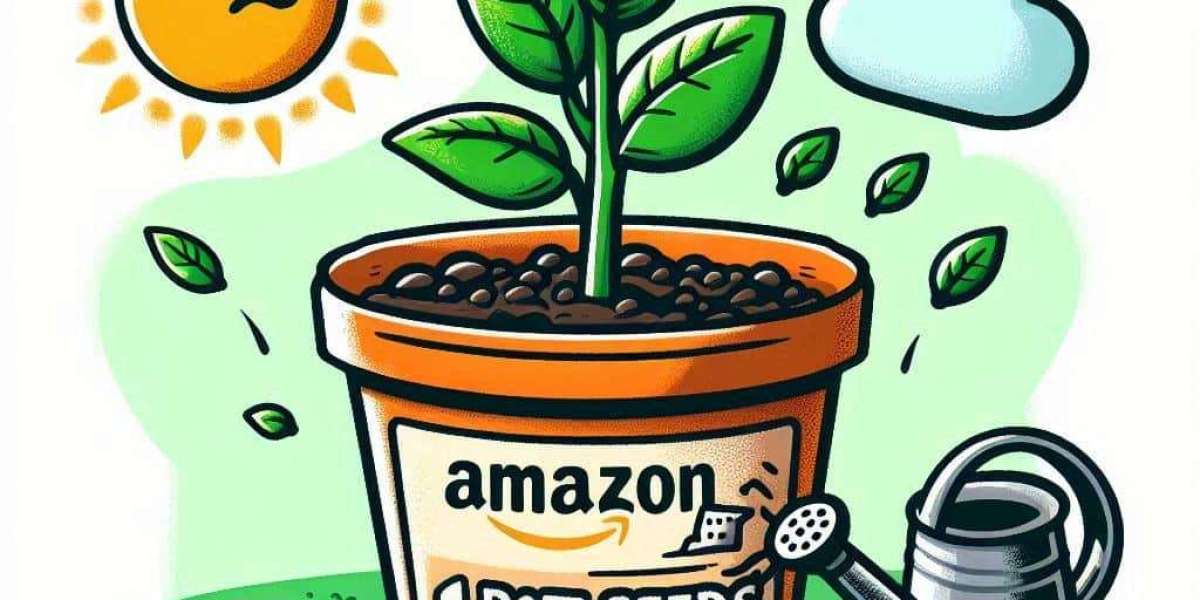Seed germination is the first and most crucial step in growing healthy plants. Whether you're a seasoned gardener or a beginner, understanding the basics of seed germination can significantly increase your chances of success.
1. Choose Quality Seeds
The quality of seeds plays a significant role in germination success. Always purchase seeds https://weedseedsoff.com from reputable suppliers and check the packaging date. Fresh seeds generally have higher germination rates than older ones. If you're using seeds from previous seasons, perform a germination test by placing a few seeds on a damp paper towel and observing how many sprout.
2. Provide the Right Environment
Seeds require specific conditions to germinate, including the right temperature, moisture, and light. Most seeds germinate best in a warm environment, typically between 65°F and 75°F (18°C to 24°C). However, some seeds, like lettuce, prefer cooler temperatures. Research the specific requirements of the seeds you’re planting to ensure you provide the ideal environment.
3. Use the Right Growing Medium
A well-draining, sterile growing medium is essential for seed germination. Avoid using garden soil, as it may contain pathogens that can harm young seedlings. Instead, opt for a seed-starting mix or a combination of peat moss, vermiculite, and perlite. These materials provide the right balance of moisture retention and aeration, promoting healthy root development.
4. Maintain Consistent Moisture
Seeds need consistent moisture to germinate, but too much water can lead to rot or fungal issues. Keep the growing medium evenly moist but not waterlogged. A good practice is to mist the soil surface with a spray bottle or use a watering can with a fine nozzle to avoid disturbing the seeds. Covering the seed tray with a plastic dome or plastic wrap can help retain moisture, but be sure to remove it once the seeds sprout to prevent mold growth.
5. Ensure Proper Light Exposure
Light is crucial for the growth of seedlings after germination. Some seeds require light to germinate, while others need darkness. Follow the instructions on the seed packet to determine the light requirements for your seeds. Once the seeds have sprouted, place them in a bright location, such as a sunny windowsill, or use grow lights to provide the necessary light. Seedlings typically need 12-16 hours of light per day to grow strong and healthy.
6. Monitor and Adjust Temperature
Temperature fluctuations can affect seed germination and seedling growth. If you're starting seeds indoors, use a heat mat to maintain a consistent temperature. For seeds that require cooler temperatures, consider placing them in a cooler room or basement. Once the seeds have germinated, gradually acclimate the seedlings to outdoor conditions by hardening them off before transplanting.
7. Thin Seedlings Carefully
Once your seeds have germinated and the seedlings have developed their first set of true leaves, it's time to thin them out. Overcrowded seedlings can lead to poor air circulation and competition for nutrients, resulting in weaker plants. Use small scissors to snip the weaker seedlings at the soil level, leaving the strongest ones to continue growing.
8. Be Patient and Observant
Seed germination requires patience. Some seeds germinate within a few days, while others may take weeks. Keep an eye on your seeds and seedlings, and be prepared to make adjustments as needed. If you notice any issues, such as mold or poor growth, take action promptly to address the problem.
In conclusion, successful seed germination is all about creating the right conditions and providing consistent care. By following these tips, you’ll be well on your way to growing healthy, thriving plants from seed. Happy gardening!








